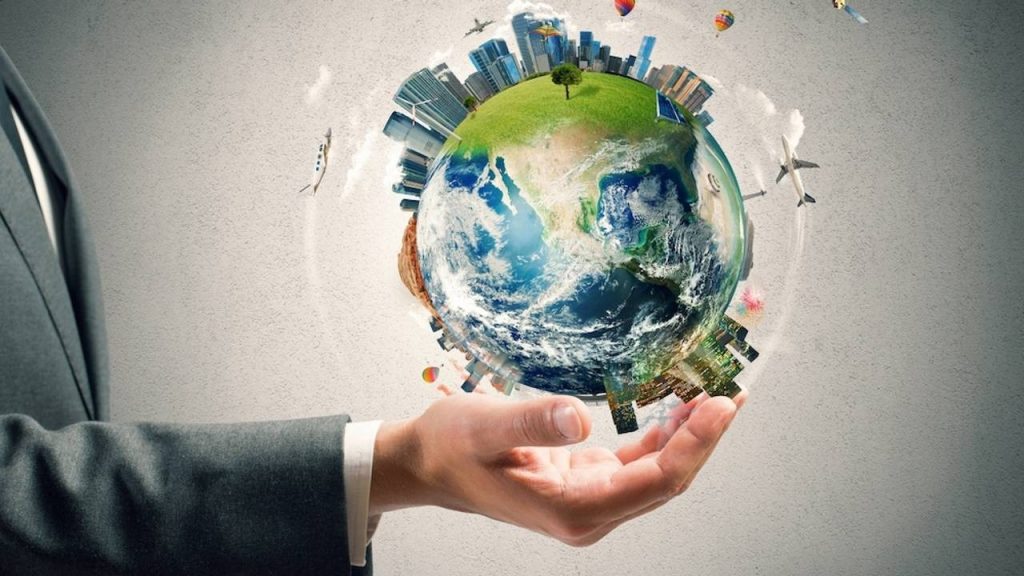In recent years, the world has been undergoing rapid transformations, driven by technological advancements, shifting social norms, and unprecedented global challenges. Let’s dive into some of these key changes and what they mean for our everyday lives.
Tech Takeover: The Digital Revolution
Technology has been the main driver of change in our world. From the rise of smartphones to the advent of artificial intelligence (AI), our lives are becoming increasingly digitized. Remember when we used to marvel at the idea of a computer in our pockets? Now, our smartphones are our personal assistants, connecting us to information and people around the globe in an instant.
The digital revolution extends beyond personal gadgets. AI and machine learning are transforming industries, making processes more efficient and enabling new capabilities. For instance, in healthcare, AI-powered diagnostics are improving the accuracy of disease detection, while in finance, algorithms are predicting market trends with greater precision. However, with these advancements come concerns about privacy, data security, and the ethical implications of AI.
Social Shifts: New Norms and Movements
Social norms are evolving at a pace that can be hard to keep up with. Movements advocating for social justice, such as Black Lives Matter and #MeToo, have brought issues of inequality and discrimination to the forefront of public consciousness. These movements have sparked important conversations and actions aimed at creating a more inclusive and equitable society.
Additionally, the concept of work is changing. The gig economy, remote work, and the rise of freelancing are reshaping traditional employment models. The COVID-19 pandemic accelerated these trends, pushing many companies to adopt remote work policies permanently. While this flexibility offers many benefits, it also poses challenges, such as maintaining work-life balance and ensuring job security.
Environmental Awakening: Facing Climate Change
Climate change remains one of the most pressing issues of our time. The increasing frequency of extreme weather events, such as hurricanes, wildfires, and floods, serves as a stark reminder of the urgent need for action. Countries and corporations are beginning to take more significant steps toward sustainability, from investing in renewable energy to pledging carbon neutrality.
Individuals are also becoming more environmentally conscious, embracing practices like reducing plastic use, supporting eco-friendly products, and advocating for policy changes. However, the path to a sustainable future is complex and requires collective effort and innovative solutions.
Globalization and Its Discontents
Globalization has made the world more interconnected than ever before, facilitating the exchange of goods, services, and ideas. This interconnectedness has brought about economic growth and cultural exchange, enriching our lives in numerous ways. Yet, it has also exposed vulnerabilities, such as supply chain disruptions and economic inequalities between and within countries.
The COVID-19 pandemic highlighted these vulnerabilities, leading to a reevaluation of global dependencies. As countries strive to balance the benefits of globalization with the need for resilience, we may see shifts towards more localized production and diversified supply chains.
The Human Touch: Adapting and Thriving
Despite the rapid pace of change, one constant remains: the resilience and adaptability of the human spirit. Communities around the world are finding innovative ways to adapt to new realities, whether through technological adoption, social activism, or environmental stewardship.
As we navigate this ever-changing world, it’s essential to stay informed, remain flexible, and embrace the opportunities that come with change. By fostering a sense of community and shared purpose, we can tackle the challenges ahead and build a more inclusive, sustainable, and vibrant future.
So, let’s keep the conversation going and continue exploring how we can thrive in a world that’s always on the move.

